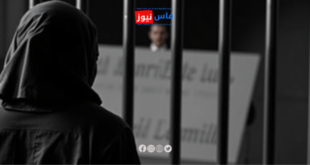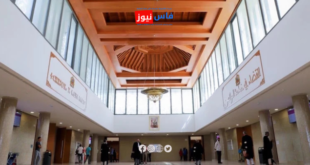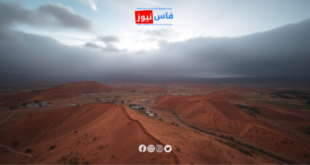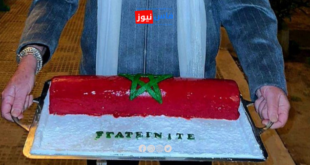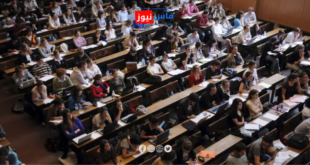The Saudi Ministry of Interior has announced the launch of the Digital Identity Service, a dedicated service for pilgrims coming to the Kingdom of Saudi Arabia with a Hajj visa for the 1445H pilgrimage.
Developed in collaboration with the Ministries of Foreign Affairs, Hajj and Umrah, and the Saudi Data and Artificial Intelligence Authority, the digital identity service allows pilgrims to prove their identity electronically through Absher and Tawakkalna platforms during their travels, improving the quality of services provided to them and enriching their experience.
According to the Ministry of Interior, the launch of the digital identity service is part of the country’s efforts to achieve digital transformation and put technology at the service of individuals, aiming to achieve the highest standards of quality in services and keep pace with the digital development in providing these services during their stay in the Kingdom, by providing advanced digital services.
In the same context, the Ministry of Interior, represented by the General Directorate of Passports, launched a special stamp for the beneficiaries of the ‘Road to Mecca’ initiative, bearing the visual identity of the initiative. The stamp is being offered to beneficiaries at lounges set up at eleven airports in seven participating countries, including Morocco.
See also. Hajj: Saudi Arabia aims to attract 5.4 million pilgrims by 2030
Government authorities are also making every effort to ensure the safety and security of pilgrims. For example, the Saudi Ministry of Interior announced the introduction of the penalty for violating Hajj regulations and instructions without a permit, a penalty of up to 10,000 riyals for anyone caught without a Hajj permit, whether citizen or resident.
As the Hajj season approaches, all security authorities are stepping up their surveillance to detect fake Hajj advertisements that mislead pilgrims and make them vulnerable to fraud. The Saudi Ministry of Interior has warned against these misleading adverts, while tightening the noose on fraudsters and campaign traffickers.
The authorities also called on citizens and residents not to respond to false advertisements on social media sites about performing Hajj on behalf of others, obtaining Eid sacrifice and distributing it to pilgrims, selling Hajj bracelets, guaranteeing transport, and other misleading advertisements for the purpose of fraud through fictitious persons and institutions, stressing that the penalties stipulated by law will be applied.
From the website: Fez News
 فاس نيوز ميديا جريدة الكترونية جهوية تعنى بشؤون و أخبار جهة فاس مكناس – متجددة على مدار الساعة
فاس نيوز ميديا جريدة الكترونية جهوية تعنى بشؤون و أخبار جهة فاس مكناس – متجددة على مدار الساعة





